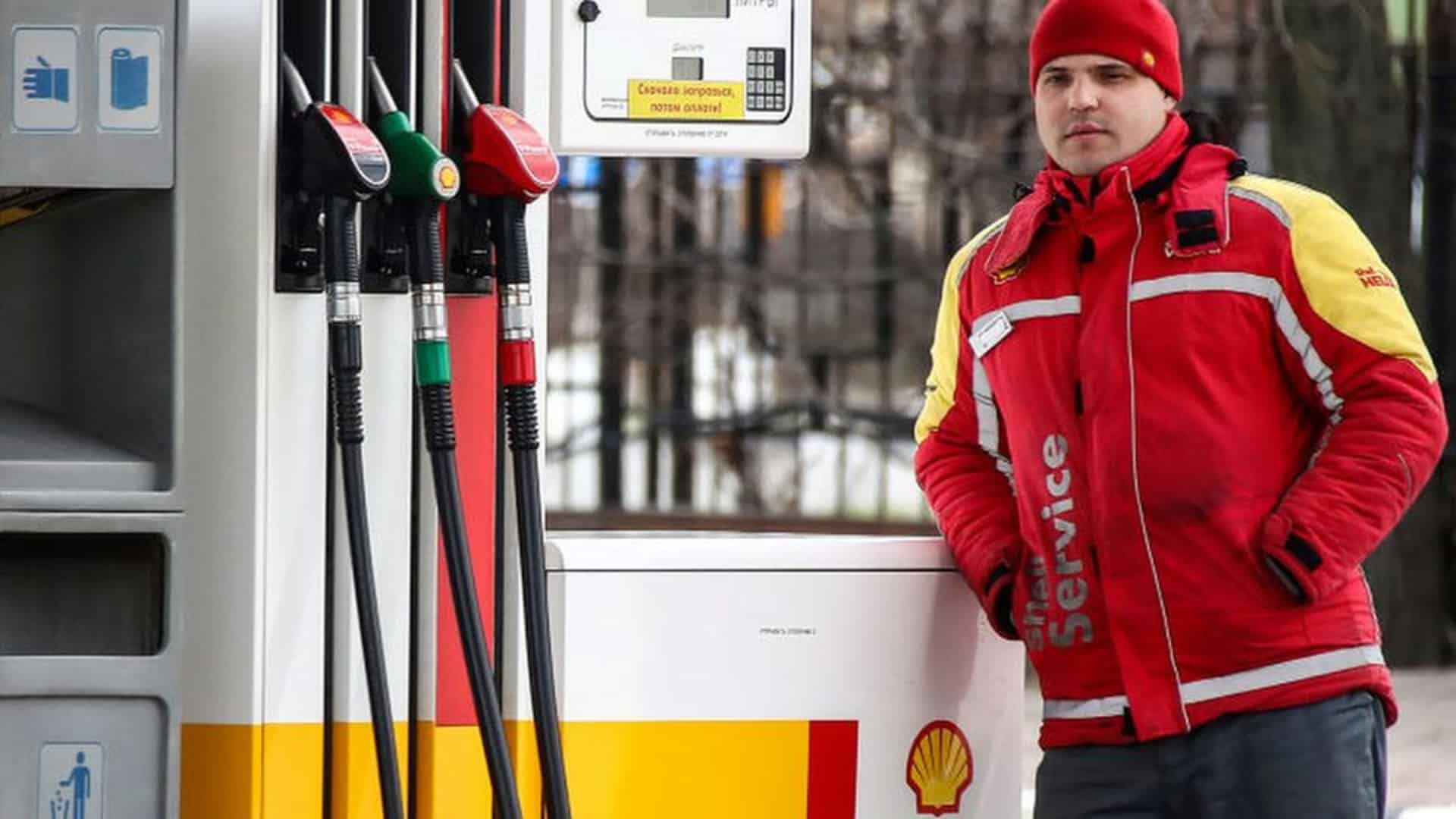Embarking on a move aimed at addressing the economic challenges posed by surging prices and rising inflation, Russia declared on Friday that it would lift the temporary ban on gasoline exports imposed in September. The decision, announced by the country's energy ministry, is part of a broader set of measures implemented to stabilize the domestic motor fuel market.
The temporary ban on gasoline exports, imposed on September 21, was initially introduced as a response to escalating prices, reflecting concerns about the impact of inflation on Russia's economy. With the lifting of this restriction scheduled for November 17, the Russian government aims to alleviate pressure on the domestic market and ensure a more stable pricing environment for motor fuel.
The decision to ease gasoline export restrictions underscores Russia's commitment to addressing economic challenges and adapting its strategies in response to the evolving market conditions. The move is expected to have implications not only for the country's domestic fuel market but also for international trade dynamics, particularly in the context of global energy markets.
As Russia navigates the complexities of managing economic stability amidst inflationary pressures, the lifting of the gasoline export ban becomes a notable policy shift. The energy ministry's announcement signals a recognition of the need for flexibility in addressing economic challenges while maintaining a delicate balance in the country's energy and economic policies.
The coming weeks will provide insights into how this decision shapes Russia's economic landscape and its impact on the global energy market, highlighting the interconnected nature of economic policies in an increasingly interconnected world.




















